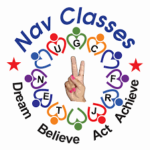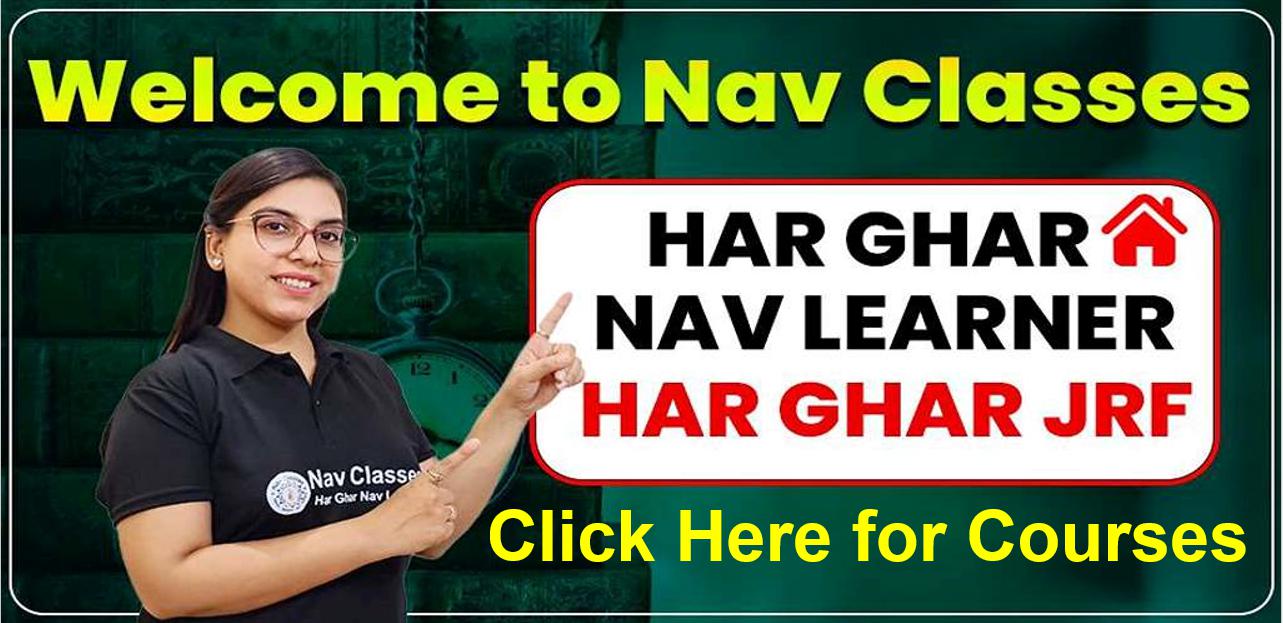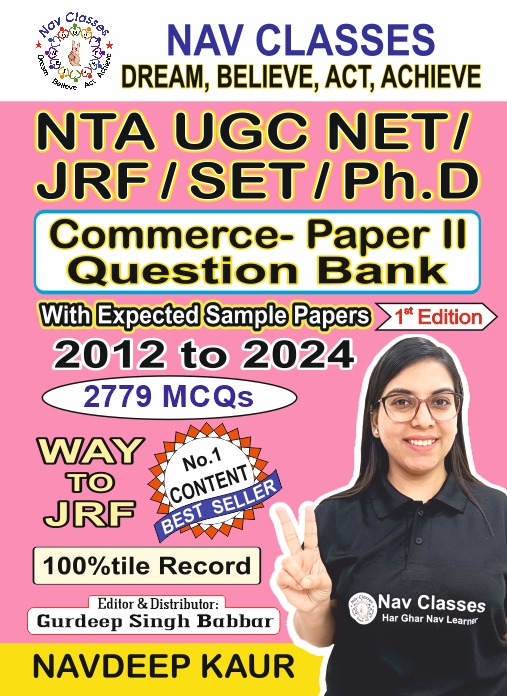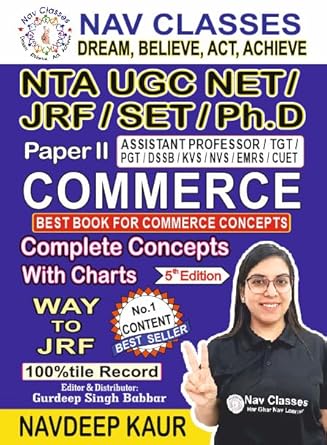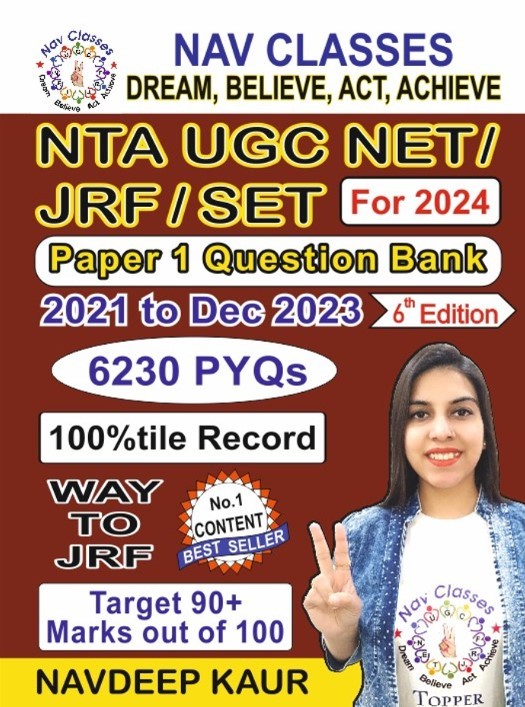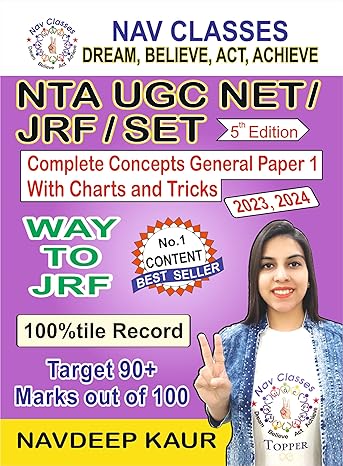1. National Digital Library (NDL)
https://ndl.iitkgp.ac.in/
Ministry of Human Resource Development (MHRD) under its National Mission on Education through Information and Communication Technology (NMEICT) has initiated the National Digital Library of India (NDL India) pilot project to develop a framework of virtual repository of learning resources with a single-window search facility.
It is being developed at Indian Institute of Technology Kharagpur.
2. E PG Pathshala
https://epgp.inflibnet.ac.in/
e-PG Pathshala is an initiative of the MHRD under its National Mission on Education through ICT (NME-ICT) being executed by the UGC.
1. e-Adhyayan
http://epgpbooks.inflibnet.ac.in/eadhyayan/
e-Adhyayan is a platform to provide 700+ e-Books for the Post-Graduate Courses.
All the e-Books are derived from e-PG Pathshala courses. It also facilitates play-list of video content.
2. http://ugcmoocs.inflibnet.ac.in/ugcmoocs/
UGC-MOOCs is one of vertical to produce course on Post Graduate subjects in SWAYAM (Online Courses, An MHRD initiatives). UGC is one of the national coordinator of SWAYAM & INFLIBNET is technical partner for UGC-MOOCs.
3. e-Pathya is one the verticals of e-PG Pathshala which is software driven course / content package that facilitates students pursuing higher education (PG level) in distance learning as well as campus learning mode. it also facilitate offline access.
3. Shodhganaga platform
https://shodhganga.inflibnet.ac.in/
Theses and dissertations are known to be the rich and unique source of information, often the only source of research work that does not find its way into various publication channels.
Theses and dissertations remain an un-tapped and under-utilized asset, leading to unnecessary duplication and repetition that, in effect, is the anti-theses of research and wastage of huge resources, both human and financial.
The UGC Notification (Minimum Standards & Procedure for Award of M.Phil. / Ph.D Degree, Regulation, 2016) dated 5th May 2016 mandates submission of electronic version of theses and dissertations by the researchers in universities with an aim to facilitate open access
to Indian theses and dissertations to the academic community world-wide. Online availability of electronic theses through centrally-maintained digital repositories, not only ensure easy access and archiving of Indian doctoral theses but will also help in raising the standard and quality of research. This would overcome serious problem of duplication of research and poor quality resulting from the “poor visibility” and the “unseen” factor in research output.
As per the Regulation, the responsibility of hosting, maintaining and making the digital repository of Indian Electronic Theses and Dissertation (called Shodhganga”), accessible to all institutions and universities, is assigned to the INFLIBNET Centre.
“Shodhganga” is the name coined to denote digital repository of Indian Electronic Theses and
Dissertations set-up by the INFLIBNET Centre. The word “Shodh” originates from Sanskrit and stands for research and discovery. The “Ganga” is the holiest, largest and longest of all rivers in Indian subcontinent. The Ganga is the symbol of India’s age-long culture and civilisation, everchanging, ever-flowing, ever-loved and revered by its people, and has held India’s heart captive and drawn uncounted millions to her banks since the dawn of history.
4. e-ShodhSindhu platform
https://www.inflibnet.ac.in/
e-ShodhSindhu
Based on the recommendation of an Expert Committee, the MHRD has formed eShodhSindhu merging three consortia initiatives, namely UGC-INFONET Digital Library
Consortium, NLIST and INDEST-AICTE Consortium.
e-ShodhSindhu platform Aims and Objectives
The main objective of the e-ShodhSindu: Consortia for Higher Education E-Resources is to
provide access to qualitative electronic resources including full-text, bibliographic and factual
databases to academic institutions at a lower rates of subscription. The major aims and
objectives of the e-Shodh Sindhu are as follows:
Setting-up e-ShodhSindu: Consortia for Higher Education E-Resources by augmenting and strengthening activities and services offered by three MHRD-funded
Consortia;
Develop a formidable collection of e-journals, e-journal archives and e-books on perpetual access basis;
Monitor and promote usage of e-resources in member universities, colleges and technical institutions in India through awareness and training programmes;
Provide access to subscription-based scholarly information (e-books and e-journals) to all educational institutions;
Provide access to scholarly content available in open access through subject portals and subject gateways;
Bridge digital divide and move towards an information-rich society;
Provide access to selected e-resources to additional institutions including open universities and MHRD-funded institutions that are not covered under existing
consortia;
Take-up additional activities and services that require collaborative platform and are not being performed by existing Consortia; and
Moving towards developing a National Electronic Library with electronic journals and electronic books as its major building blocks.
5. e-yantra
https://www.e-yantra.org/
e-Yantra Initiatives for Students
e-Yantra Robotics Competition: Annual Robotics competition for Engineering/ Science/
Polytechnic colleges.
e-Yantra Summer Internship Program: We give an internship opportunity at e-Yantra Lab, IIT Bombay to the winners of e-Yantra Robotics Competition.
e-Yantra Initiatives for Colleges
e-Yantra Lab Setup Initiative: Enable colleges to set up robotics labs and provide trainning to teachers.
e-Yantra Ideas Competition: Provides a platform for eLSI college studens to implement and showcase their innovative ideas.
e-Yantra Symposium: Brings together all eLSI colleges for discussions and seminars on how to turn these labs into Innovation Hubs.
e-Yantra Initiatives for Teachers
Two-day Workshop on Introduction to Robotics: An introductory workshop on robotics and embedded systems involving hands-on training exclusively for teachers.
Task Based Training: A series of interesting tasks based on Firebird V platform blend theory and practical experimentation.
e-Yantra Robotics Competition
eYRC
e-Yantra Robotics Competition (eYRC) is a unique annual competition for undergraduate students in science and engineering colleges, polytechnic. Selected teams are given a robotic kit complete with accessories and video tutorials to help them learn basic concepts in embedded systems and microcontroller programming. Abstracts of real world problems assigned as “themes” are then implemented by the teams using the robotic kits. The winners of this competition will be eligible for summer internship at IITB through e-Yantra Summer Internship Program .
e-Yantra Summer Internship Program
eYSIP
The aim of the e-Yantra Summer Internship Program (eYSIP) is to provide winners of the e-Yantra
Robotics Competition:
a platform with facilities and guidance to work on projects covering the varied spectrum of
web-development, image processing and embedded systems
a chance to experience a research environment and put on their thinking hats
an opportunity to mold themselves into confident individuals through talks by experts,
exploratory trips to nearby historical places, and interactions with eminent personalities.
e-Yantra Ideas Competition
eYIC
e-Yantra Ideas Competition (eYIC) is a competition to encourage innovative projects from
robotics labs set up through the e-Yantra Lab Setup Initiative (eLSI) in colleges across the
country.
This initiative aims:
i)To ensure sustained use of the robotics labs set up through eLSI.
ii)To solicit innovative solutions to real world problems from students in eLSI colleges across
the country.
iii)To nurture BE projects in Embedded Systems and Robotics at eLSI colleges.
iv)To nurture a startup culture at the eLSI labs.
The winners of this competition will be eligible for summer internship at IITB through
e-Yantra Summer Internship Program .
e-Yantra Lab Setup Initiative
eLSI
e-Yantra Lab Setup Initiative (eLSI) is a college level program under which colleges are encouraged to setup robotics labs. It is designed as a scalable and sustainable approach that addresses infrastructure creation and teacher training – to create an eco-system at the colleges to impart effective engineering education. eLSI provides: (i) guidance and support for establishing robotics labs – three robotic kits are given to each participating college and (ii) a two-phased training for teachers:
Two-day Workshop and Task Based Training.
Two-day workshop
The aim of the Two-day workshop is to train teachers in the basic concepts of Embedded systems and
Micro-controller programming as the first phase of training through e-Yantra Lab Setup Initiative
(eLSI).
Face-to-face training workshop conducted at a coordinating college for teacher team from a
given region.
Team of 4 teachers from colleges learn to program Firebird V robot and get certificates upon
successfully completing the workshop
Task Based Training
Task Based Training (TBT) is an endeavour to train teachers already familiar with Firebird V robot to
implement hands-on experiments as the second phase of training through e-Yantra Lab Setup Initiative (eLSI)
On-line training over a period of 3-4 months where teacher teams are periodically assigned
six tasks,
Each task is aimed at learning a specific concept pertaining to Embedded Systems and
Robotics,
A flexible timeline is provided considering the busy schedule and academic engagements of
teachers.
TBT Challenge: Upon Successful completion of all the tasks of TBT, teams are given the
opportunity to participate in TBT challenge.Here, teachers trained by the TBT test their skills
by implementing a project based on the abstraction of a real life scenario.
e-Yantra Symposium
e-Yantra Symposium(eYS) is an annual event at IIT-Bombay — to bring together colleges
which have set up robotics labs through the e-Yantra Lab Setup Initiative (eLSI). The goal is to share projects and brainstorm new ideas for improving pedagogy and the quality of BE projects. This event ensures sustainable use of Robotics labs set up through the e-Yantra Lab
Setup Initiative (eLSI). No registration fee is charged from teachers and students from colleges who attend the symposium.
This event acts as a platform for :
(i) Showcasing selected projects from the e-Yantra labs through the e-Yantra Ideas Competition (eYIC).
e-Yantra Robotics Teacher Competition
e-Yantra Robotics Teacher Competition is an annual competition conducted by eYantra for teacher teams from colleges that have already established e-Yantra labs through e-Yantra Lab Setup Initiative (eLSI) to:
Introduce new concepts/technology in the field of robotics and embedded systems.
Incentivizing teachers for creativity and enthusiasm.
e-Yantra Resource Development Center
e-Yantra Resource Development Center (eYRDC) is a portal designed exclusively for eLSI colleges through which we share resources for teachers to help them use their e-Yantra labs in an effective manner.
e-Yantra Farm Setup Initiative
6. FOSSEE
https://fossee.in
FOSSEE (Free/Libre and Open Source Software for Education) project promotes the use of FLOSS tools to improve the quality of education in our country. We aim to reduce dependency on proprietary software in educational institutions. We encourage the use of
FLOSS tools through various activities to ensure commercial software is replaced by equivalent FLOSS tools. We also develop new FLOSS tools and upgrade existing tools to meet requirements in academia and research.
The FOSSEE project is part of the National Mission on Education through Information and Communication Technology (ICT), Ministry of Human Resource Development (MHRD), Government of India.
7. Spoken Tutorial portal
https://spoken-tutorial.org
What is Spoken Tutorial?
Spoken Tutorial is a multi-award winning educational content portal. Here one can learn various Free and Open Source Software all by oneself. Our self-paced, multi-lingual courses ensure that anybody with a computer and a desire for learning, can learn from any place, at any time and in a language of their choice. All the content published on this website are shared under the CC BY SA license.
8. Virtual lab project
http://www.vlab.co.in
Virtual Labs project is an initiative of Ministry of Human Resource Development (MHRD), Government of India under the aegis of National Mission on Education through Information and Communication Technology (NMEICT). This project is a consortium activity of twelve participating institutes and IIT Delhi is coordinating institute. It is a paradigm shift in ICTbased education. For the first time, such an initiative has been taken-up in
remote‐experimentation. Under Virtual Labs project, over 100 Virtual Labs consisting of approximately 700+ web-enabled experiments were designed for remote-operation and viewing. The intended beneficiaries of the projects are:
All students and Faculty Members of Science and Engineering Colleges who do not have access to good lab‐facilities and/or instruments.
High‐school students, whose inquisitiveness will be triggered, possibly motivating them to take up higher‐studies. Researchers in different institutes who can collaborate and share resources.
Different engineering colleges who can benefit from the content and related teaching resources.
Virtual Labs do not require any additional infrastructural setup for conducting experiments at user premises. The simulations-based experiments can be accessed remotely via internet.
9. Vidwan portal
https://vidwan.inflibnet.ac.in/
Expert Database and National Researcher Network
VIDWAN is the premier database of profiles of scientists / researchers and other faculty members working at leading academic institutions and other R & D organisation involved in teaching and research in India. It provides important information about expert’s background, contact address, experience, scholarly publications, skills and accomplishments, researcher
identity, etc. The database developed and maintained by Information and Library Network Centre (INFLIBNET) with financial support from the National Mission on Education through ICT (NME-ICT). The database would be instrumental in selection of panels of experts for
various committees, taskforce, established by the Ministries / Govt. establishments for monitoring and evaluation purposes.
Our Objectives
Quickly and conveniently provide information about expert to peers, prospective collaborators, funding agencies policy makers and research scholar in the country
Identify peer reviewers for articles and research proposal
Discover prospective collaborators for on-going research projects
Establish communication directly with the experts who possess the expertise needed by users
To create information exchanges and networking opportunities among scientists
